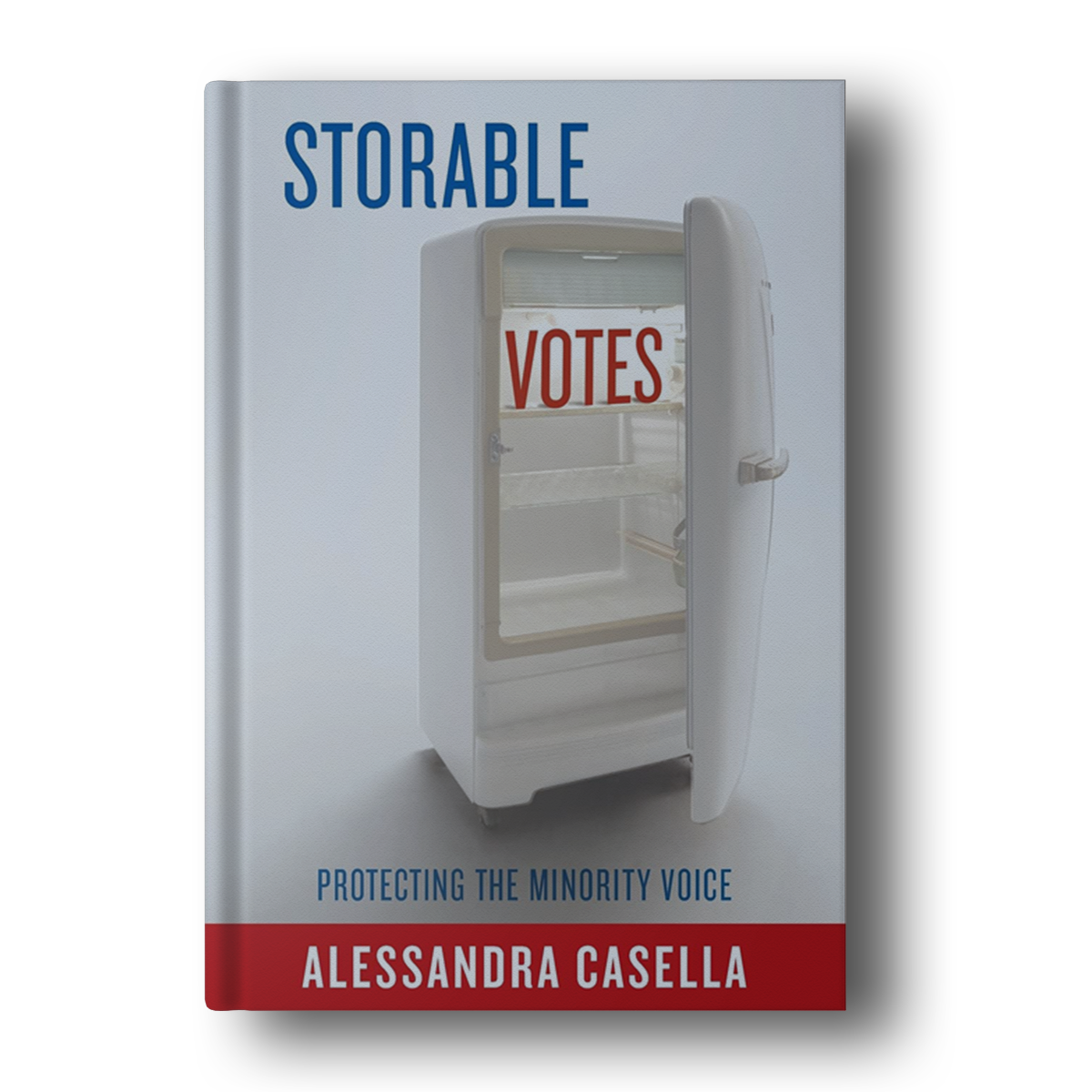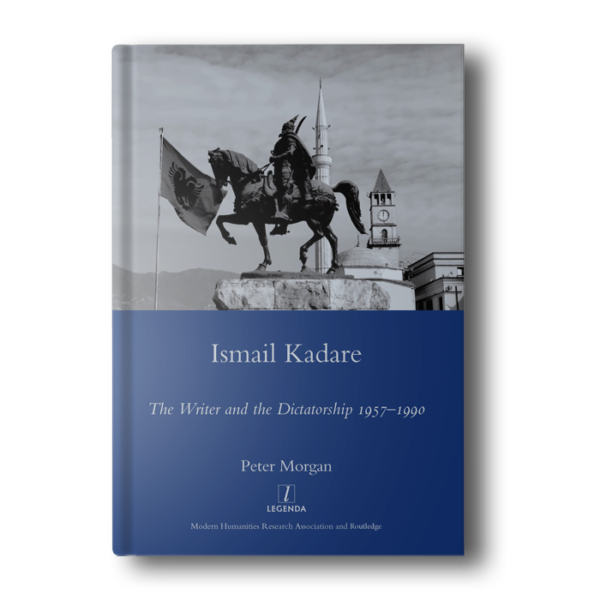Storable votes are a simple voting scheme that allows the minority to win occasionally, while treating every voter equally. Because the minority wins only when it cares strongly about a decision while the majority does not, minority victories occur without large costs and indeed typically with gains for the community as a whole.
The idea is simple: consider a group of voters faced with a series of proposals, each of which can either pass or fail. Decisions are taken according to the majority of votes cast, but each voter is endowed with a total budget of votes to spend freely over the multiple decisions.
Because voters will choose to cast more votes on decisions that matter to them most, they reveal the intensity of their preferences, and increase their probability of winning exactly when it matters to them most. Thus storable votes elicit and reward voters’ intensity of preferences without the need for any external knowledge of voters’ preferences.
By treating everyone equally and ruling out interpersonal vote trades, they are in line with common ethical priors and are robust to criticisms, both normative and positive, that affect vote markets. The book complements the theoretical discussion with several experiments, showing that the promise of the idea is borne out by the data: the outcomes of the experiments and the payoffs realized match very closely the predictions of the theory.
Because the intuition behind the voting scheme is so simple: vote more when you care more, the results are robust across different scenarios, even when more subtle strategic effects are not identified by the subjects, suggesting that the voting scheme may have real potential for practical applications.


![States of Passion: Law, Identity, and Social Construction of Desire - 1st Edition [Hardcover]](https://booksandbook.com/wp-content/uploads/2023/11/States-of-Passion-Law-Identity-and-Social-Construction-of-Desire-1st-Edition-Hardcover-600x600.png)
![Studies In Religion [Paperback]](https://booksandbook.com/wp-content/uploads/2023/11/Studies-In-Religion-Paperback-600x600.png)










Reviews
There are no reviews yet.